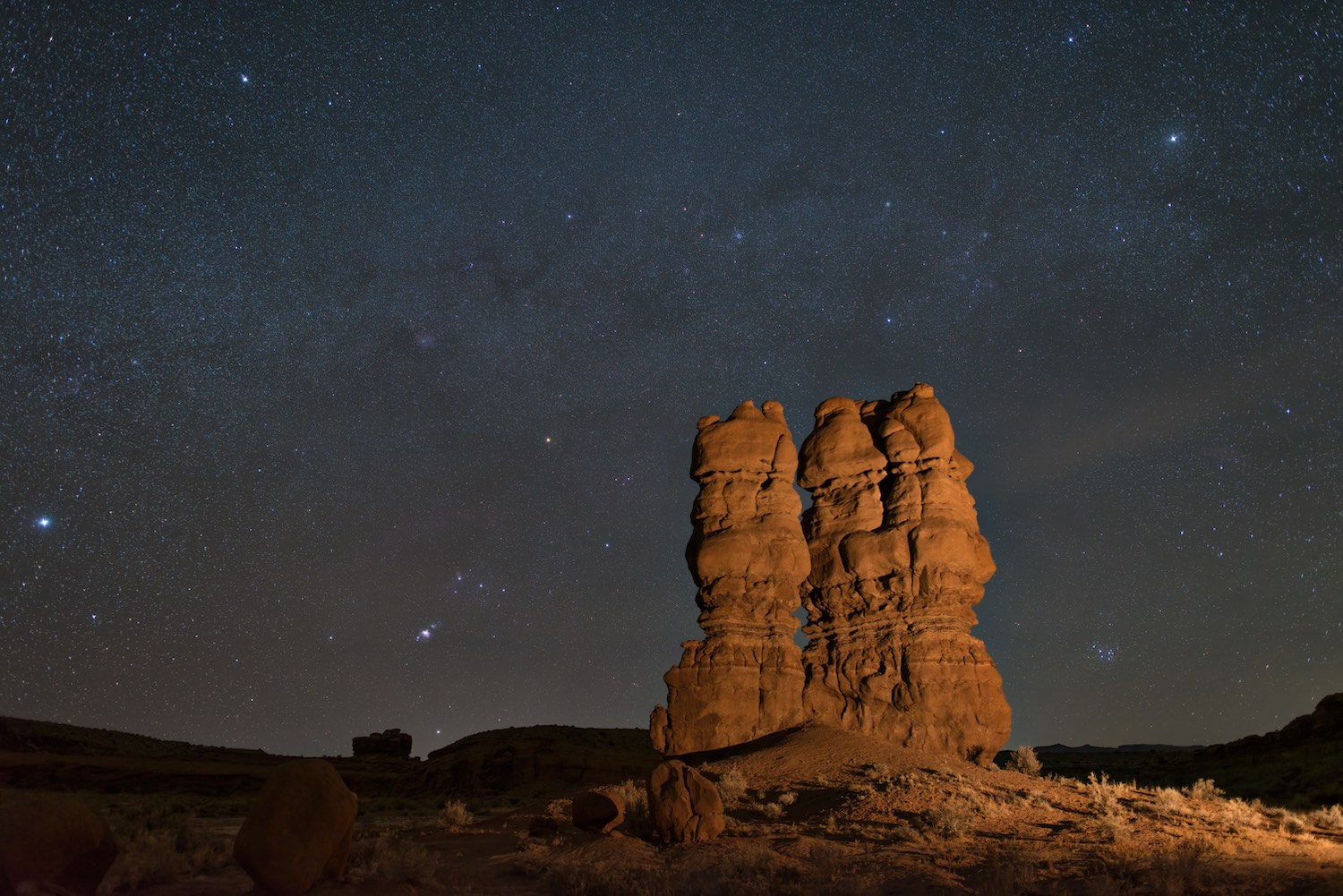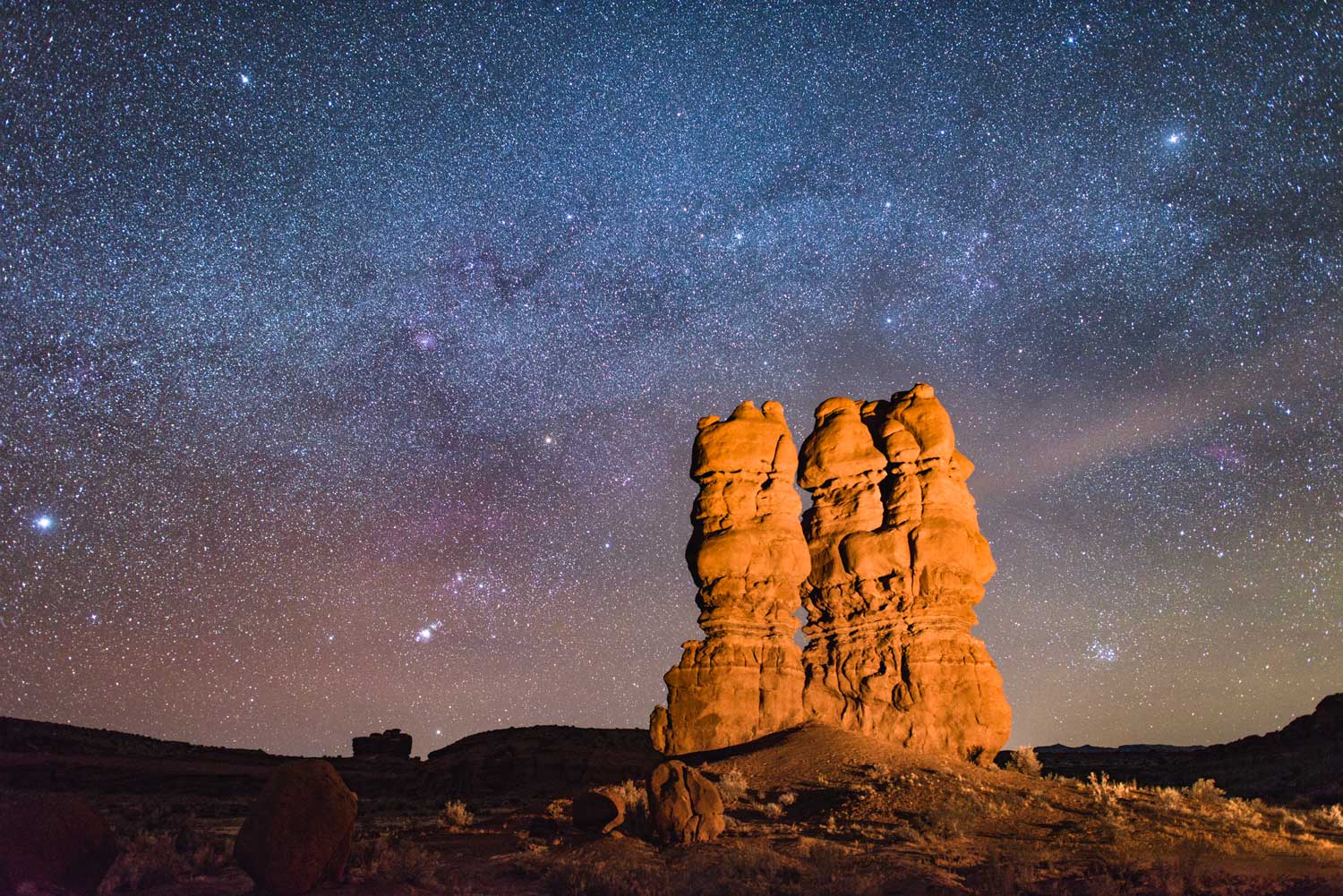Refactoring Photos
If you don’t look back on old work and cringe, you aren’t progressing. In my day job as a programmer, that is also very true. If you look at the old code you wrote and don’t cringe, then you probably aren’t improving as you should. It can take a lot of willpower to see old code and resist completely re-writing it. In the programming world, that is a lousy practice most of the time, unless you are already in that code to add new things or fix things. It is a bad practice because it can potentially introduce new bugs and probably waste time you could be spending on new features and functionality. In short, it is counterproductive.
Refactoring old photos, on the other hand, is probably a good idea. New techniques, software, and knowledge can make a dramatic difference with photos. Also, when you are new to photography, even new to a new type of photography, you almost always overdo things. What looks good is subjective, but I try to go for more natural feeling edits. Unfortunately, some of my early nightscapes are far from “natural” feeling. Here is an excellent example of how I’ve progressed with my nightscape editing. The first photo is my updated editing style. It has more natural tones, the stars aren’t “juiced up,” and the saturation is toned down. The second photo is my original edit from 2017.
Even my updated edit leaves me cringing a bit. Although new editing techniques and new software can make a big difference, there are things you can’t go back and change. For example, I can’t go back and change the camera I used, the lens I used to take the photo, and the techniques for capturing the exposure (camera settings, exposure, star tracker, etc.). I was brand-new to nightscapes in 2017, and I had a lens that I thought would be amazing for nightscape/astrophotography that turned out to be terrible. The Nikkor 24mm f/1.4 lens is a terrible lens for night skies because of what it does to stars in the corners and edges of the frame. I sold this lens several years ago in favor of lenses that produce much sharper stars.

- NIKON D750
- 24mm
- f/2.0
- 8s
- Lens Model: 24.0 mm f/1.4
